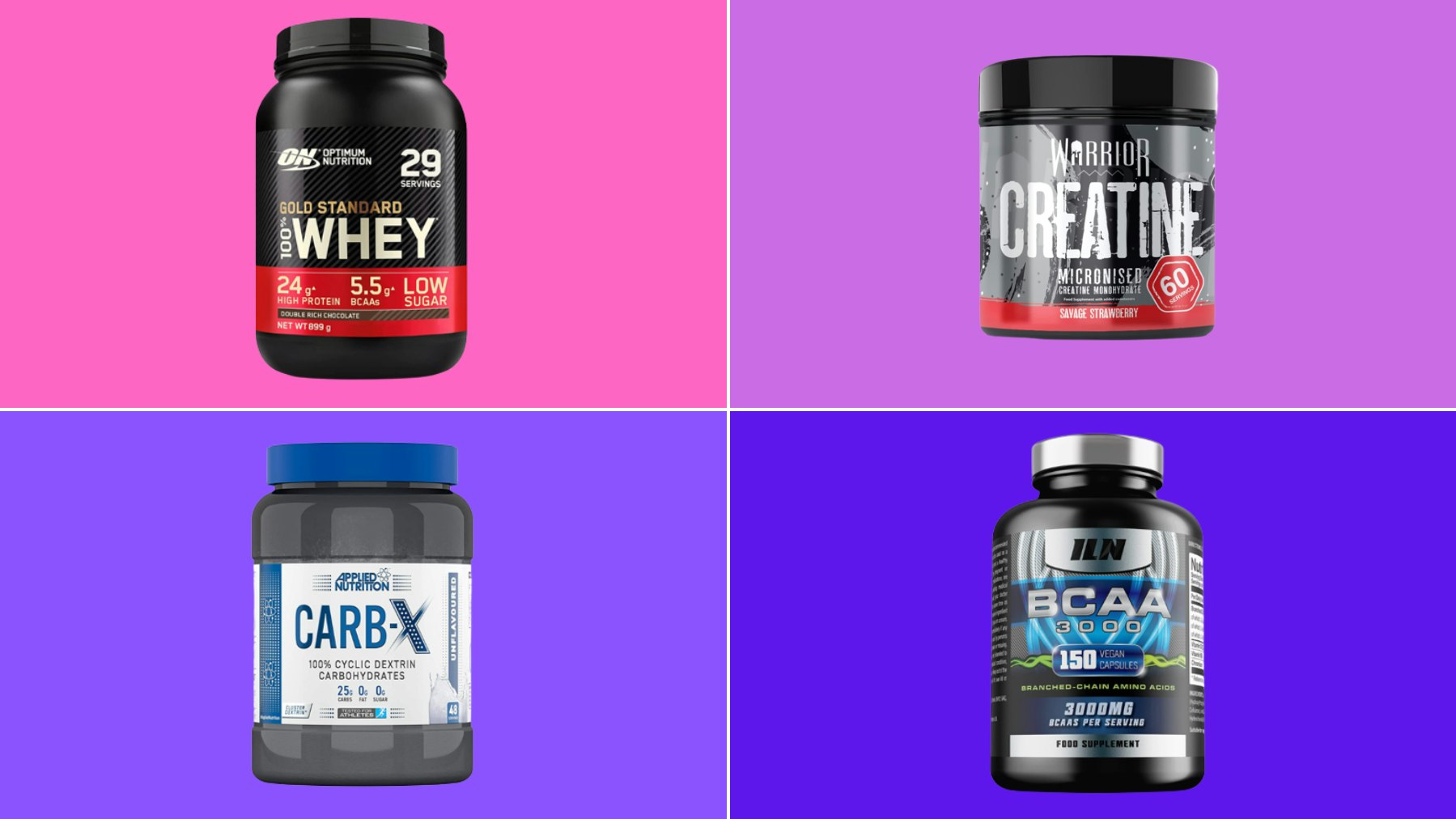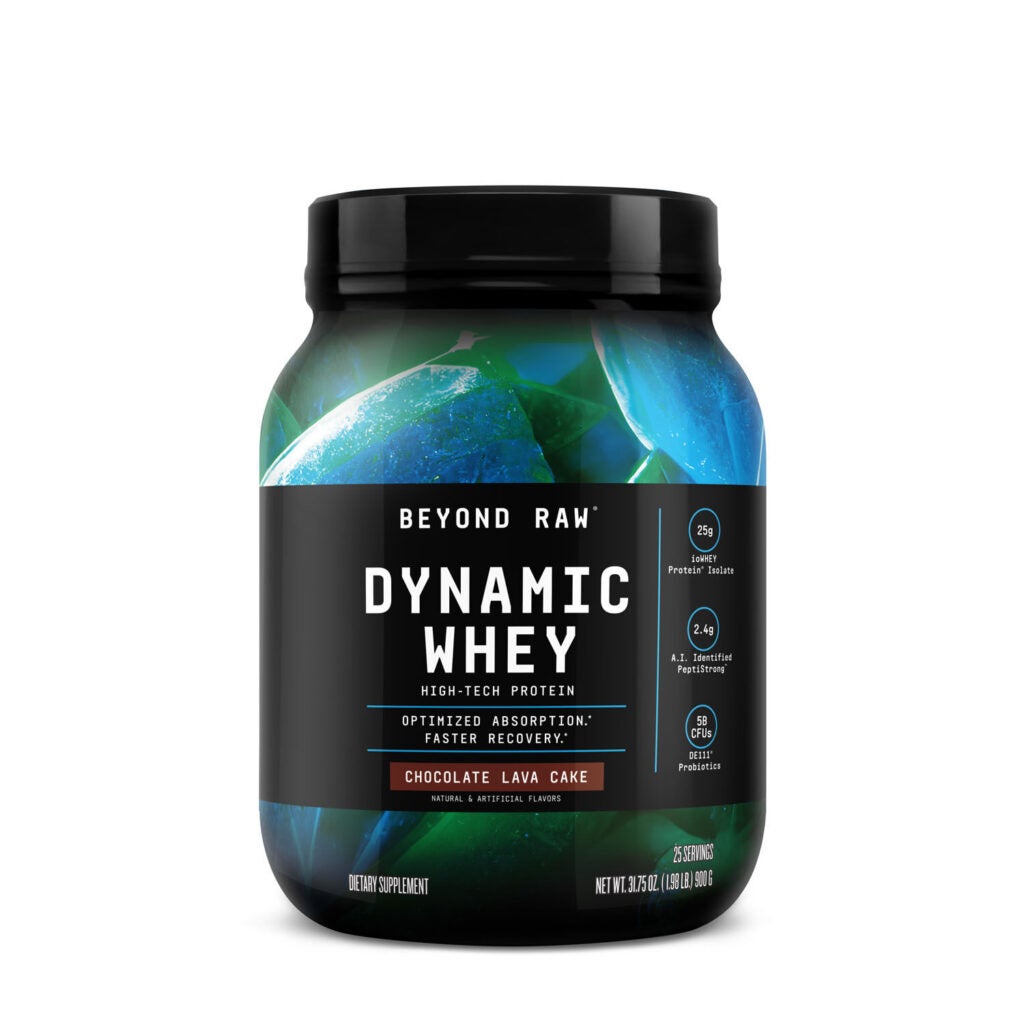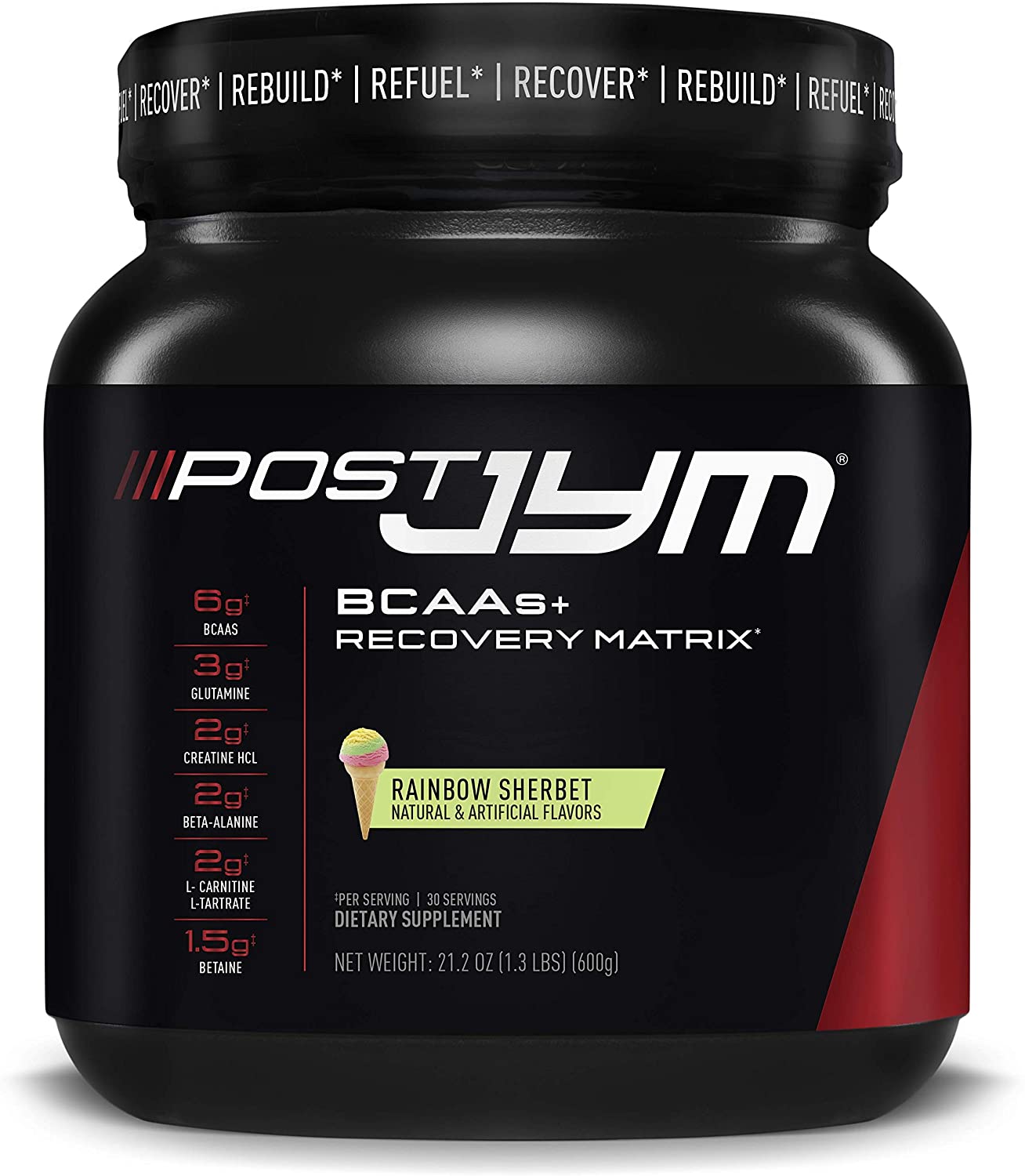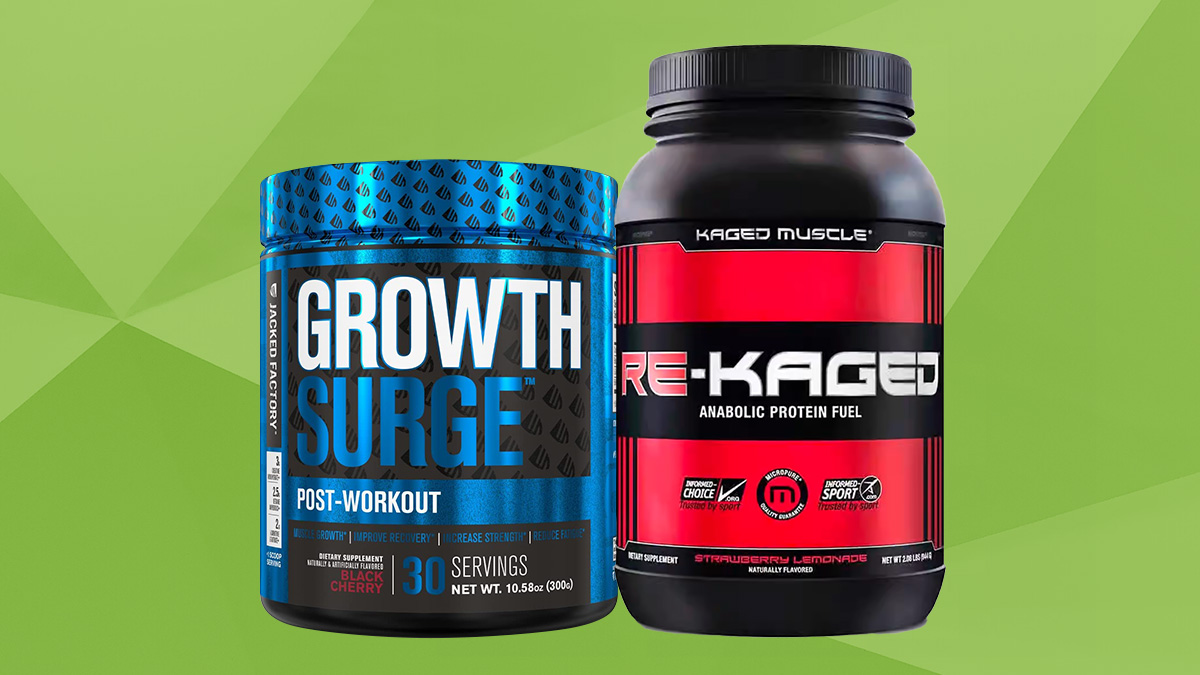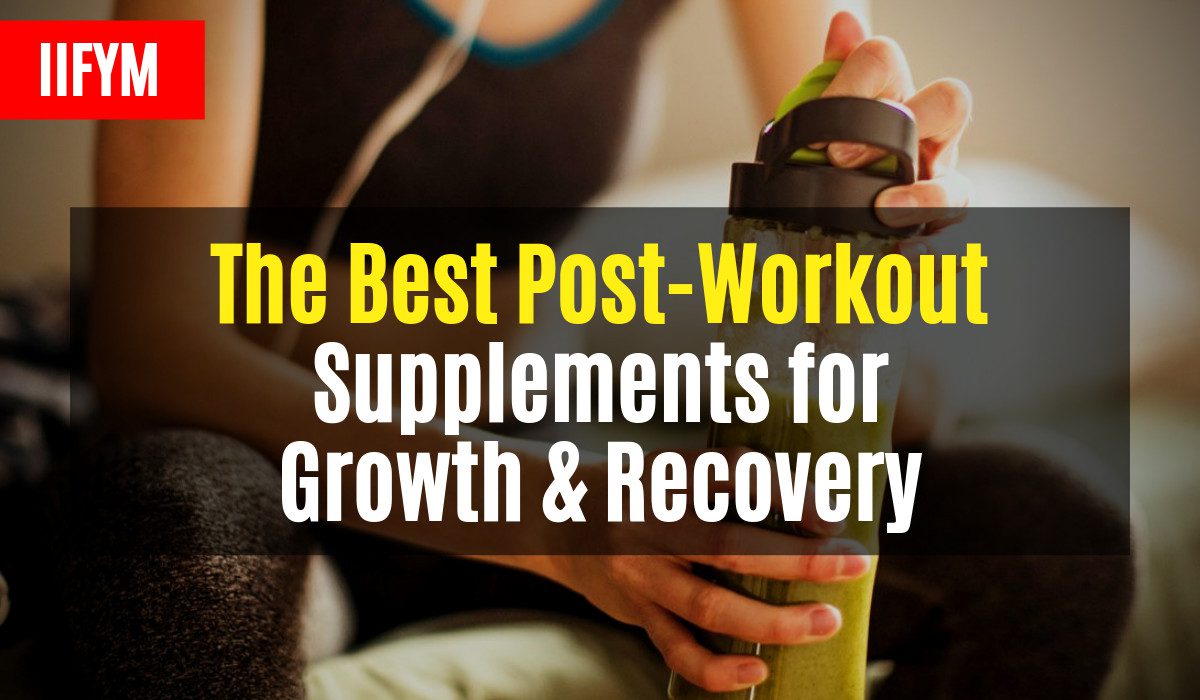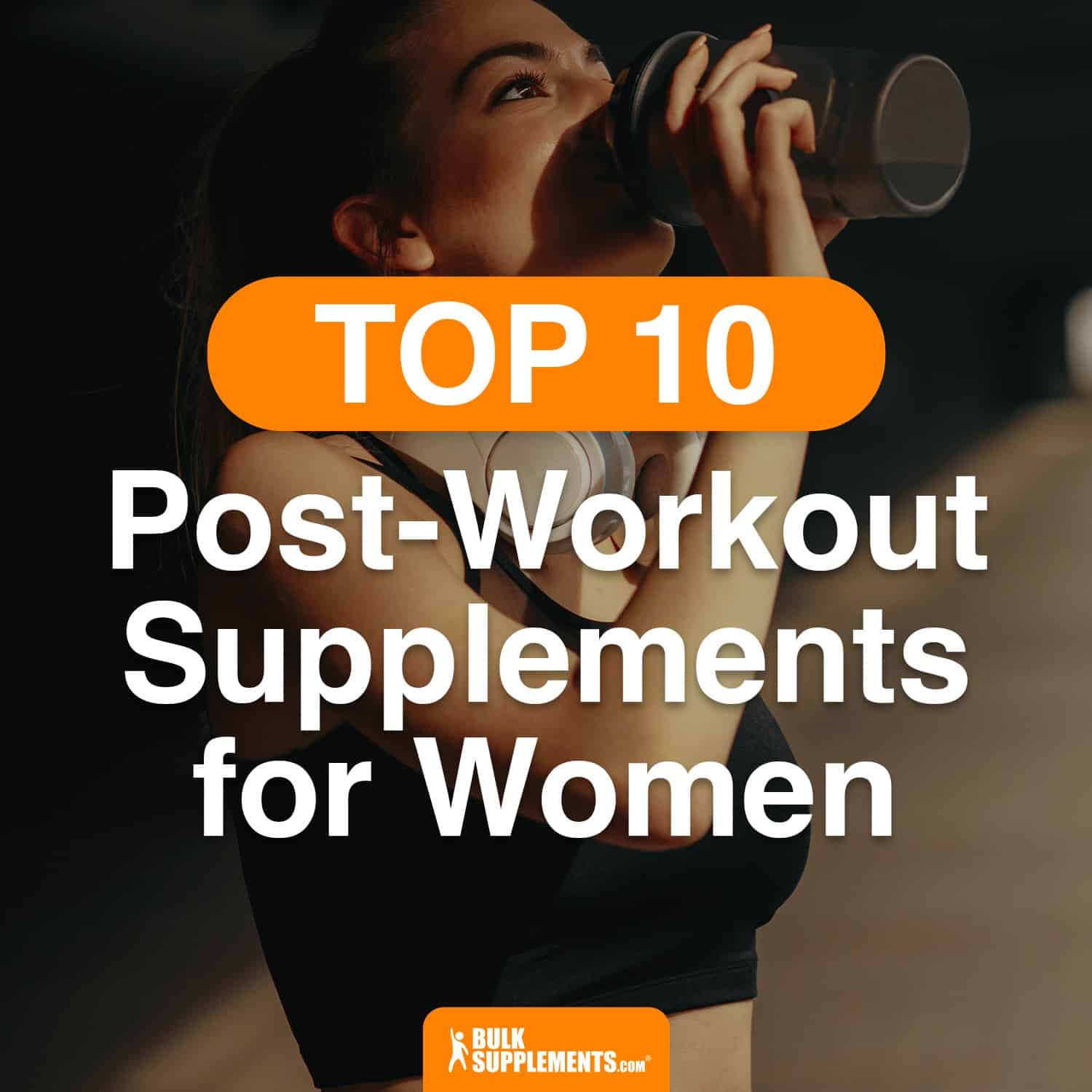Best Post Workout Supplement For Weight Loss

The fitness industry is awash with products promising to accelerate weight loss, especially after a workout. Determining which post-workout supplements genuinely deliver results, and are safe, requires a careful examination of scientific evidence and expert opinions.
This article will objectively assess popular post-workout supplements marketed for weight loss, analyzing their ingredients, purported benefits, and potential drawbacks. The aim is to provide readers with the information needed to make informed decisions about their fitness routines and supplement choices.
Understanding Post-Workout Nutrition
The period following exercise, often referred to as the "anabolic window," is crucial for muscle recovery and glycogen replenishment. Proper nutrition during this time can enhance muscle protein synthesis and reduce muscle breakdown.
While whole foods should form the cornerstone of post-workout nutrition, supplements can sometimes play a supporting role.
Popular Post-Workout Supplements for Weight Loss
Protein Powders
Protein powders, such as whey, casein, and plant-based options, are widely used post-workout. They provide essential amino acids necessary for muscle repair and growth.
While protein aids in muscle building, it can indirectly contribute to weight loss by increasing satiety and boosting metabolism. Studies published in the American Journal of Clinical Nutrition suggest a high-protein diet can promote weight loss and improve body composition.
However, protein powders are not magic bullets. Their effectiveness for weight loss depends on the individual's overall caloric intake and exercise regimen.
Branched-Chain Amino Acids (BCAAs)
BCAAs, consisting of leucine, isoleucine, and valine, are essential amino acids that play a role in muscle protein synthesis. Some athletes take BCAAs post-workout to reduce muscle soreness and fatigue.
While BCAAs can support muscle recovery, their direct impact on weight loss is less pronounced than protein. Research, including a meta-analysis published in the Journal of the International Society of Sports Nutrition, indicates BCAAs may have a limited effect on fat loss.
BCAAs are best utilized when dietary protein intake is inadequate.
Creatine
Creatine is a naturally occurring compound that helps supply energy to muscles. It is commonly used to enhance strength and power output during exercise.
While creatine is not directly a weight loss supplement, it can indirectly contribute to weight management by increasing lean muscle mass. More muscle mass can lead to a higher resting metabolic rate, potentially aiding in fat loss over time.
It's crucial to note that creatine can cause temporary water retention, which may be perceived as weight gain initially. But this is water weight, not fat.
L-Carnitine
L-Carnitine is an amino acid that plays a role in transporting fatty acids into the mitochondria, where they can be burned for energy. It is often marketed as a fat-burning supplement.
Some studies suggest L-Carnitine supplementation may improve fat oxidation, but the evidence is mixed. A meta-analysis published in Obesity Reviews found that L-Carnitine supplementation may lead to modest weight loss, but further research is needed to confirm these findings.
The effectiveness of L-Carnitine can vary depending on individual factors such as diet and exercise habits.
Caffeine and Thermogenics
Caffeine is a stimulant that can increase energy expenditure and promote fat oxidation. It is often included in pre-workout and post-workout supplements.
Thermogenic supplements, which contain ingredients like caffeine, green tea extract, and capsaicin, are designed to boost metabolism and promote fat burning. These should be approached with caution.
While caffeine can aid in weight loss, it can also cause side effects such as anxiety, insomnia, and increased heart rate. Always consult with a healthcare professional before using thermogenic supplements, especially if you have pre-existing health conditions.
The Importance of a Holistic Approach
It is essential to remember that no single supplement is a magic bullet for weight loss. The most effective approach involves a combination of regular exercise, a balanced diet, and adequate sleep.
Supplements can potentially provide additional support, but they should not replace healthy lifestyle habits. Consulting with a registered dietitian or certified personal trainer can help individuals develop a personalized weight loss plan.
Moreover, consumers should be wary of exaggerated claims and unsubstantiated promises made by supplement manufacturers. Always research ingredients and potential side effects before trying a new supplement.
Consulting with Healthcare Professionals
Before incorporating any new supplements into your routine, it is crucial to consult with a healthcare professional, especially if you have underlying health conditions or are taking medications. This ensures the chosen supplements are safe and appropriate for your individual needs.
A doctor or registered dietitian can provide personalized guidance on nutrition and supplement choices, taking into account your specific health status and fitness goals.
Ignoring professional advice can potentially lead to adverse effects and hinder progress towards your fitness goals.
Conclusion
The "best" post-workout supplement for weight loss depends on individual needs, goals, and tolerance. While some supplements, such as protein powders and creatine, can indirectly support weight management by promoting muscle growth and increasing satiety, others, like L-Carnitine and thermogenics, may have a more direct impact on fat oxidation, though research findings vary.
Ultimately, a holistic approach that prioritizes a balanced diet, regular exercise, and adequate sleep is the most effective strategy for achieving sustainable weight loss. Supplements should be viewed as complementary tools, not replacements, for healthy lifestyle habits.
Always consult with a healthcare professional before starting any new supplement regimen to ensure safety and effectiveness. The fitness industry evolves at a rapid pace; staying informed and critical about product claims is essential for achieving lasting results.





